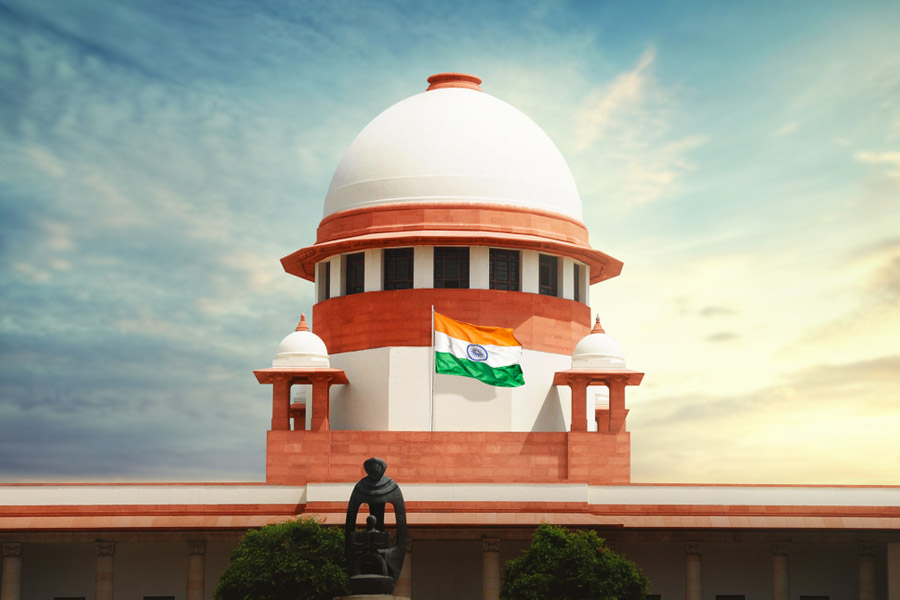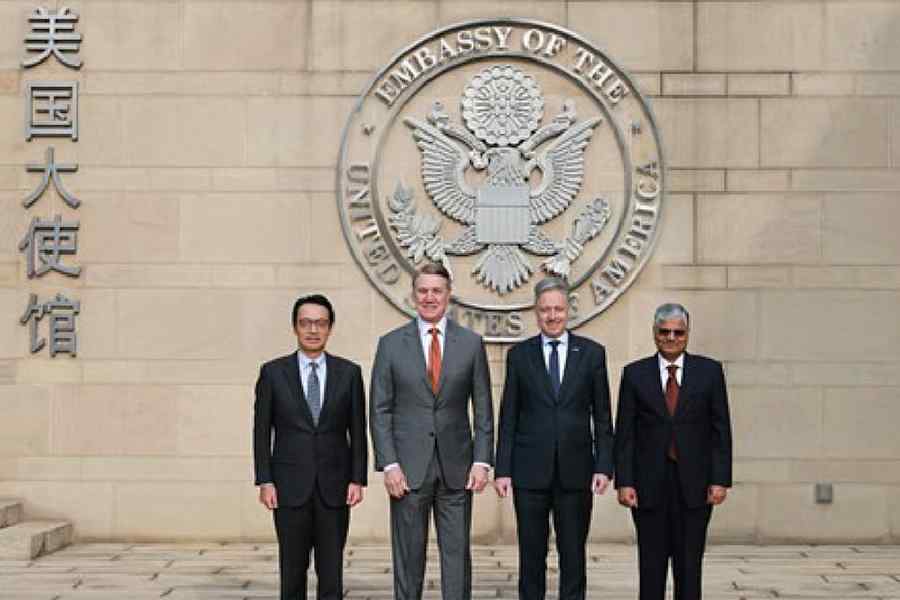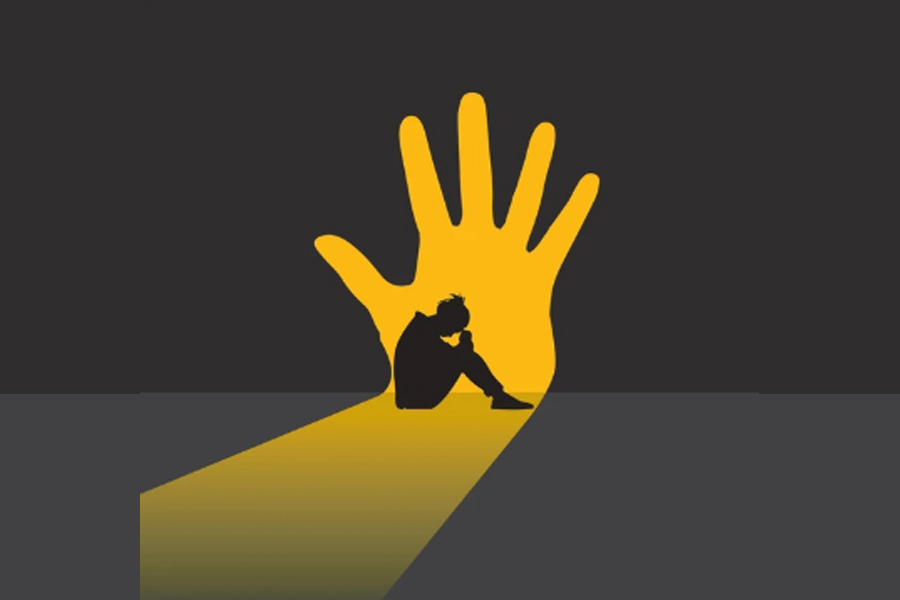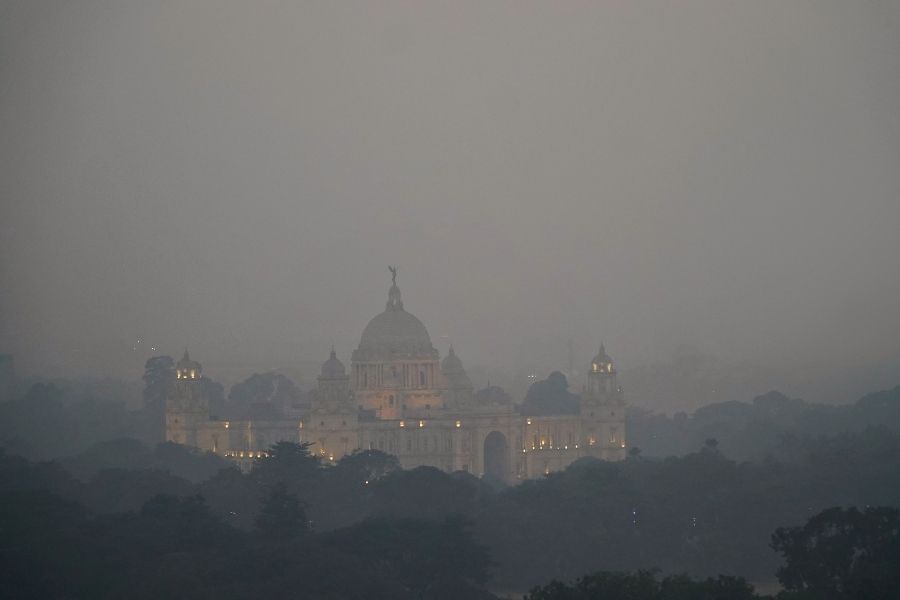Elections in Jammu and Kashmir can take place any time and a decision on the issue has to be taken by the poll panel, the Centre told the Supreme Court on Thursday while giving a roadmap for restoration of electoral democracy and complete statehood in the union territory.
A five-judge bench headed by Chief Justice DY Chandrachud was told by Solicitor General Tushar Mehta that the decision on elections in J-K have to be taken by the Election Commission of India and the state poll panel, reports PTI.
Mehta told a bench that polls in J-K will be held in three stages - first there will be panchayat polls, second municipal polls and then legislative assembly polls.
On August 29, the Centre had told the top court that the union territory status of Jammu and Kashmir is not a “permanent thing” and that it will make an elaborate statement on the vexatious political issue in the court on August 31.
The five-judge constitution bench, hearing the pleas challenging the abrogation of Article 370, had asked the Centre to set a specific time frame for restoration of electoral democracy in the erstwhile state.
During its hearing on Tuesday, the Supreme Court had laid emphasis on the need to restore democracy in J&K, which has been without an elected government since June 2018, adds ndtv.com.
But during Thursday's hearing, the Centre refused to provide a timeframe on restoration of Jammu and Kashmir's statehood.
At the heart of the arguments is if due process was followed while abrogating Article 370 and dividing the state into the two Union territories, J&K and Ladakh.
Leaders and petitioners from Ladakh have expressed their disappointment over the Solicitor General's statement that Ladakh will remain a Union Territory. Over the last two years, there have been massive protests in Ladakh demanding statehood for the region.
After scrapping Article 370 in August 2019, the Centre had said that it will restore statehood at an appropriate time. Home Minister Amit Shah has reiterated the same but no deadline has been set.










